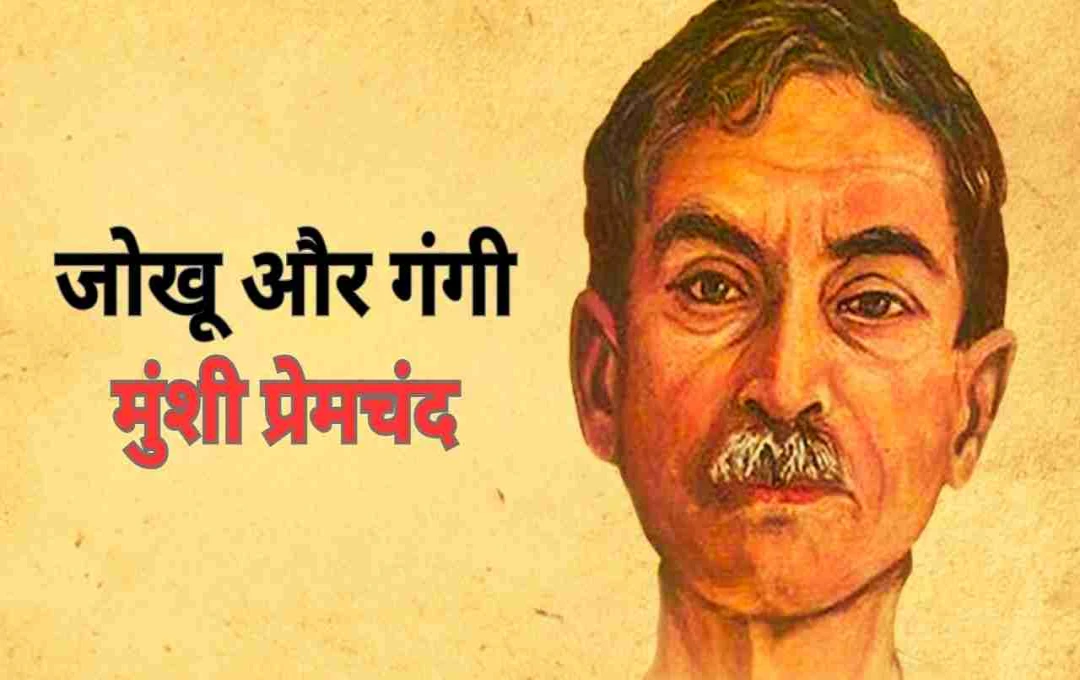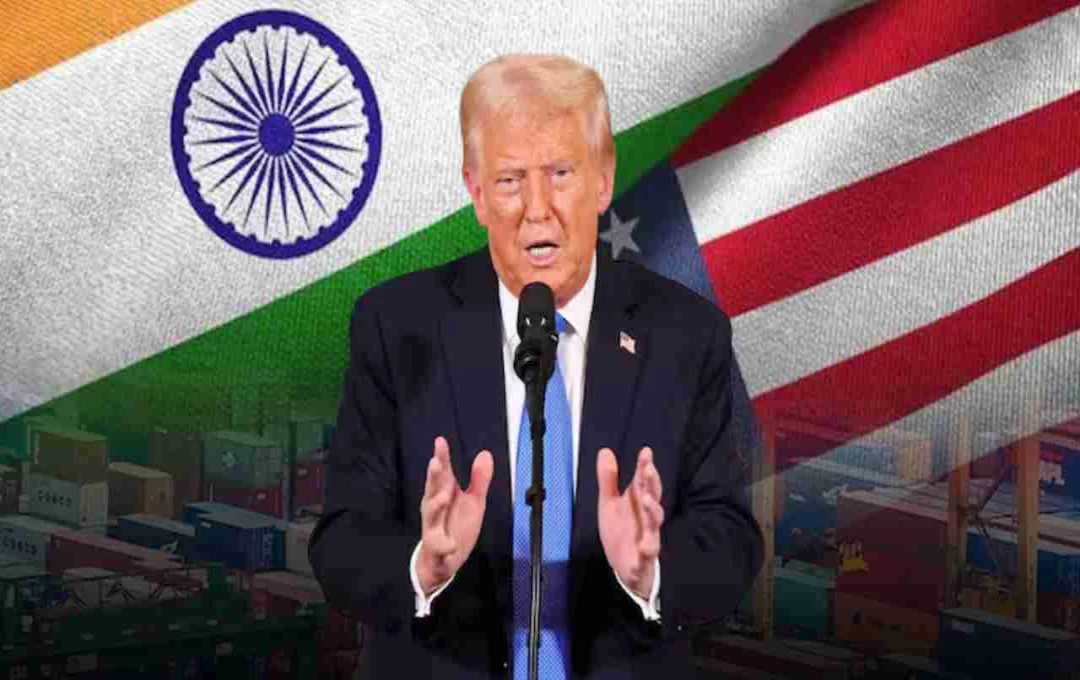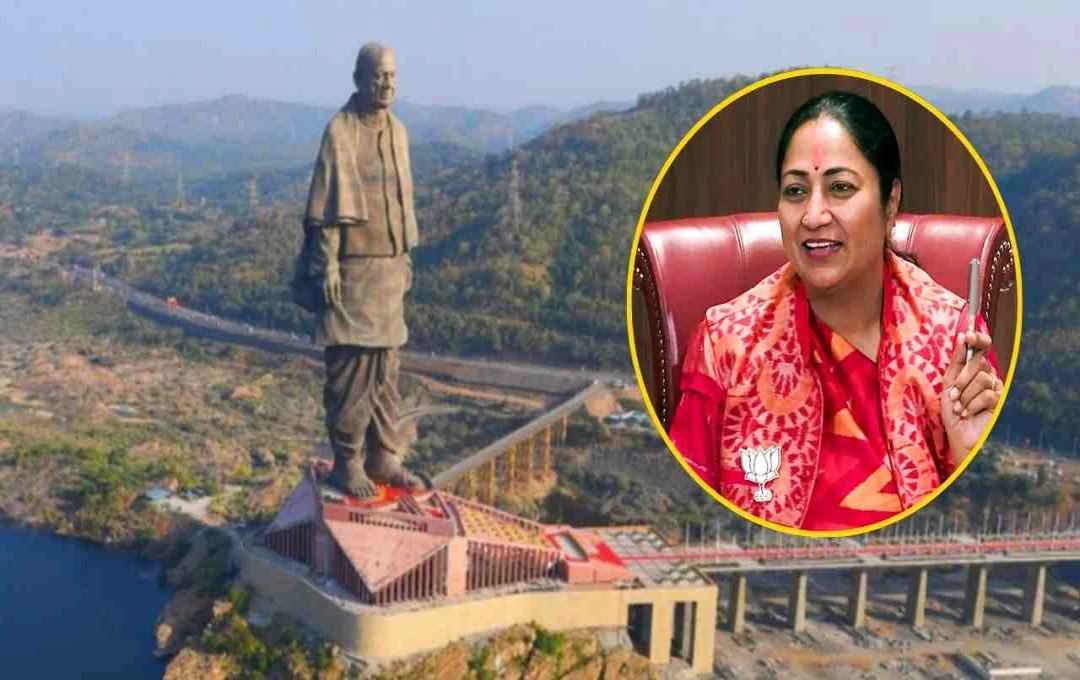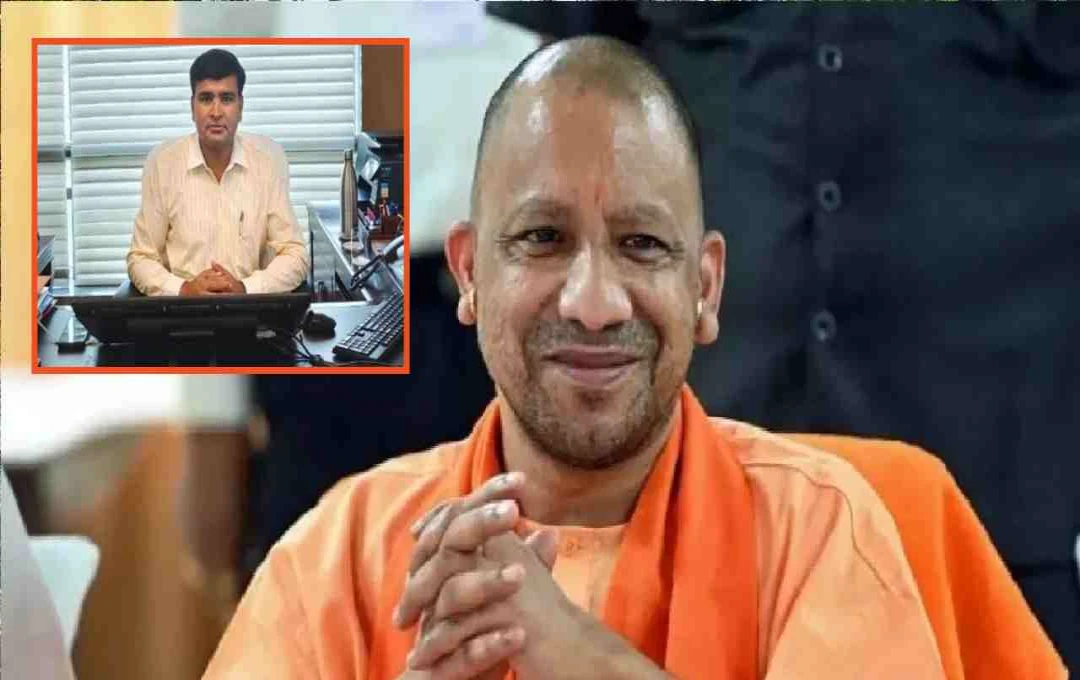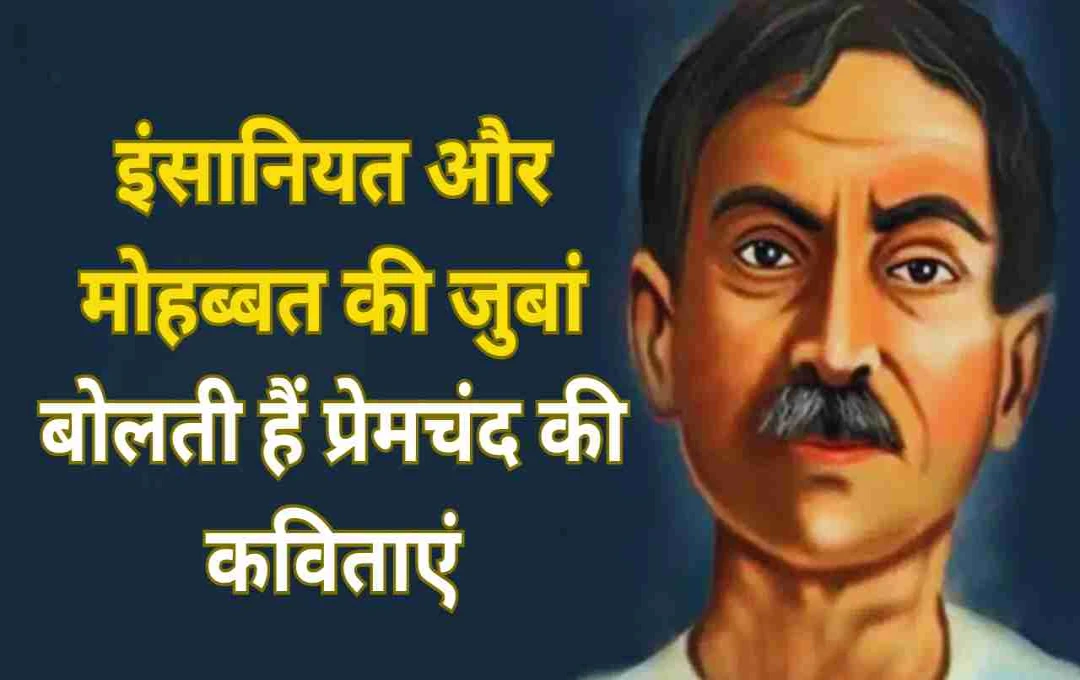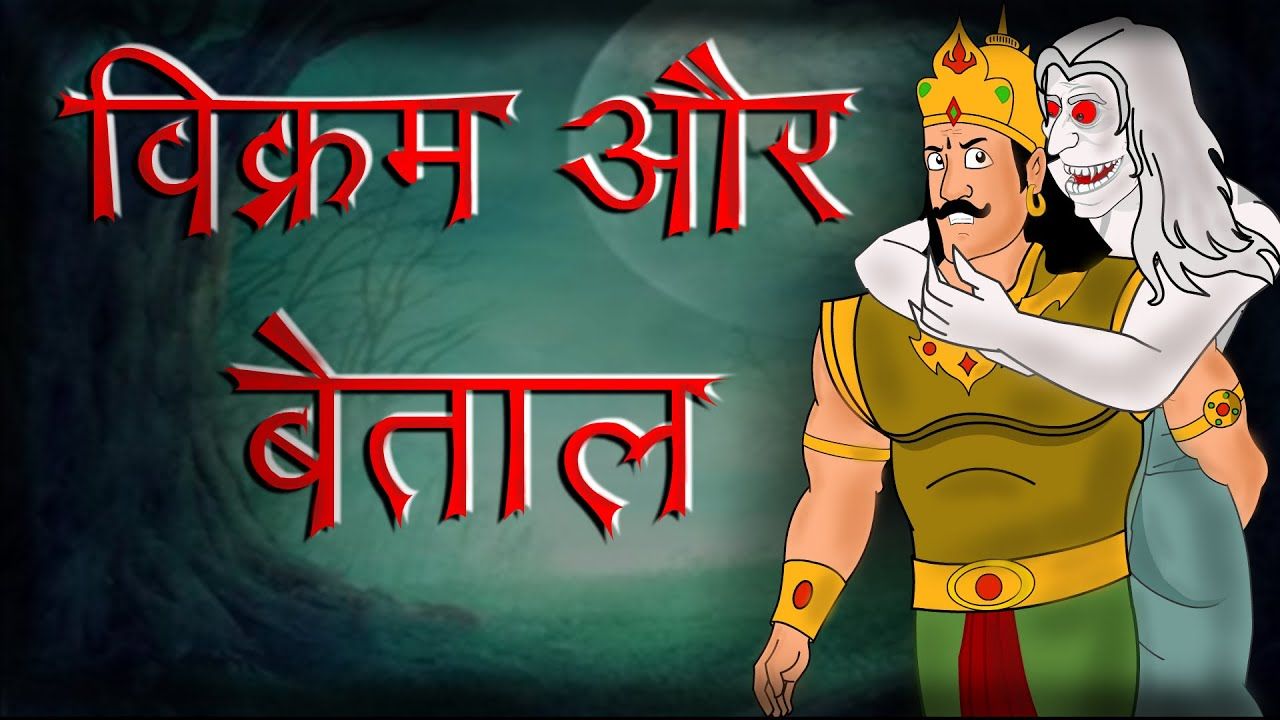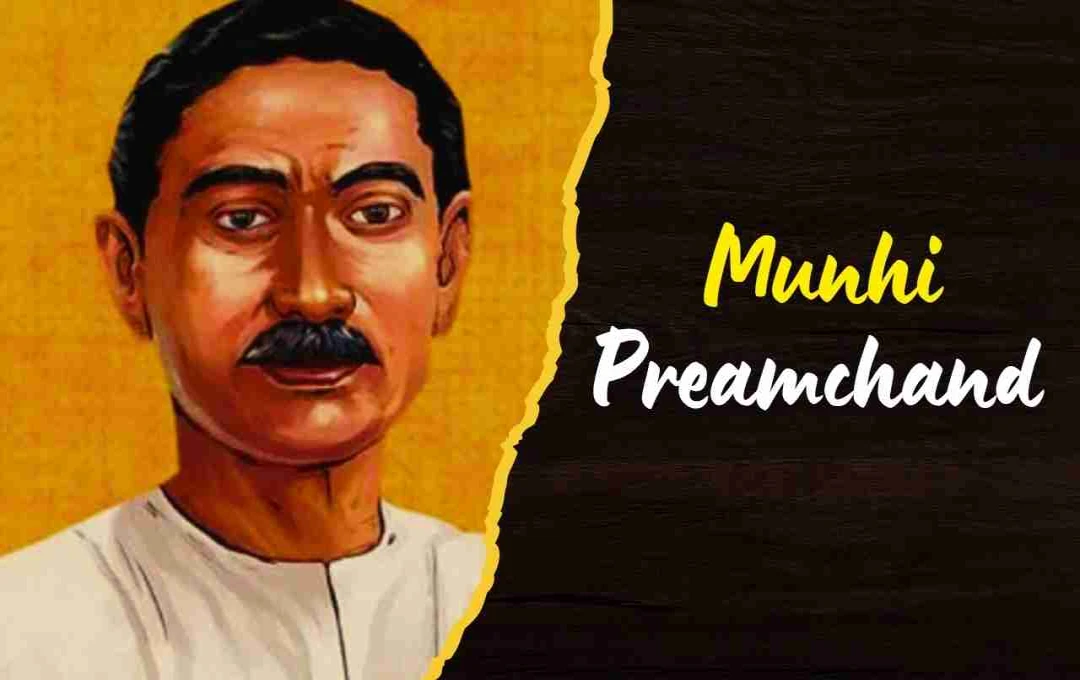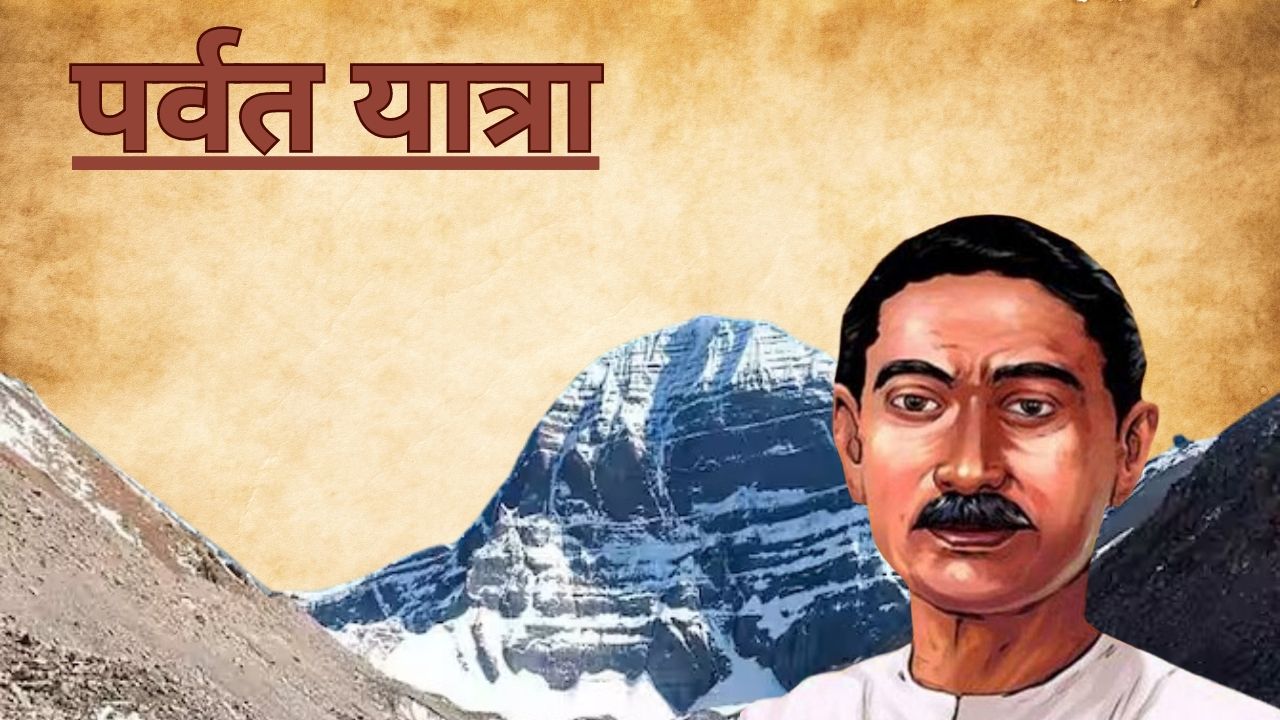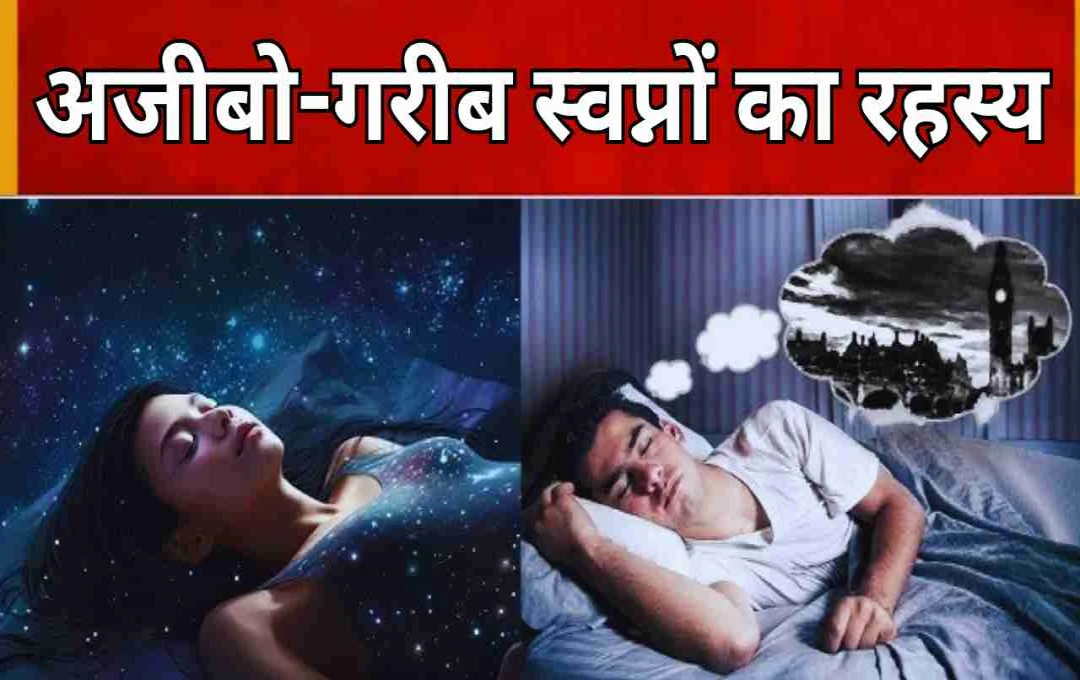Munshi Premchand's story 'Jokhu and Gangi' highlights the difficulties of rural life, poverty, and social inequality. The story showcases Gangi's courage and Jokhu's helplessness, demonstrating how even in difficult circumstances, a person can struggle through their understanding, courage, and cleverness. This story is an inspiring example of human courage against injustice.
Jokhu and Gangi: This story depicts the bitter truth of rural life in India. The story portrays the struggle against thirst, poverty, and social injustice of poor characters named Jokhu and Gangi. Gangi going to fetch water from the well at night illustrates her courage and struggle. This story highlights the difficulties of rural women, class divisions in society, and the abuse of power, and shows that even in difficult circumstances, a person can achieve victory through courage and cleverness.
Rural Life and the Hardships of Ordinary People
The story begins with the village well and the water problem. Here, the daily life difficulties of poor people like Jokhu and Gangi come to the forefront. The well is the only source of water in the village, and poor people cannot use it easily.
In the village, people of high status like Thakur and Sahu have claimed ownership of the well. Fetching water has become a difficult and risky task for the poor. Here, Premchand has presented this truth of rural life very effectively.
The Struggle of Life and Thirst
In the story, Jokhu has been ill for many days, and thirst has worsened his condition. Gangi brings water every day, but today the water has a bad odor. This shows that even the basic needs of a person are not met in poverty.
Jokhu tried to drink water by closing his nose; this is a scene that makes the reader realize his pain and helplessness. Here, Premchand has conveyed the message that even the small necessities of life become a big fight for the poor.
Social Inequality and Abuse of Power
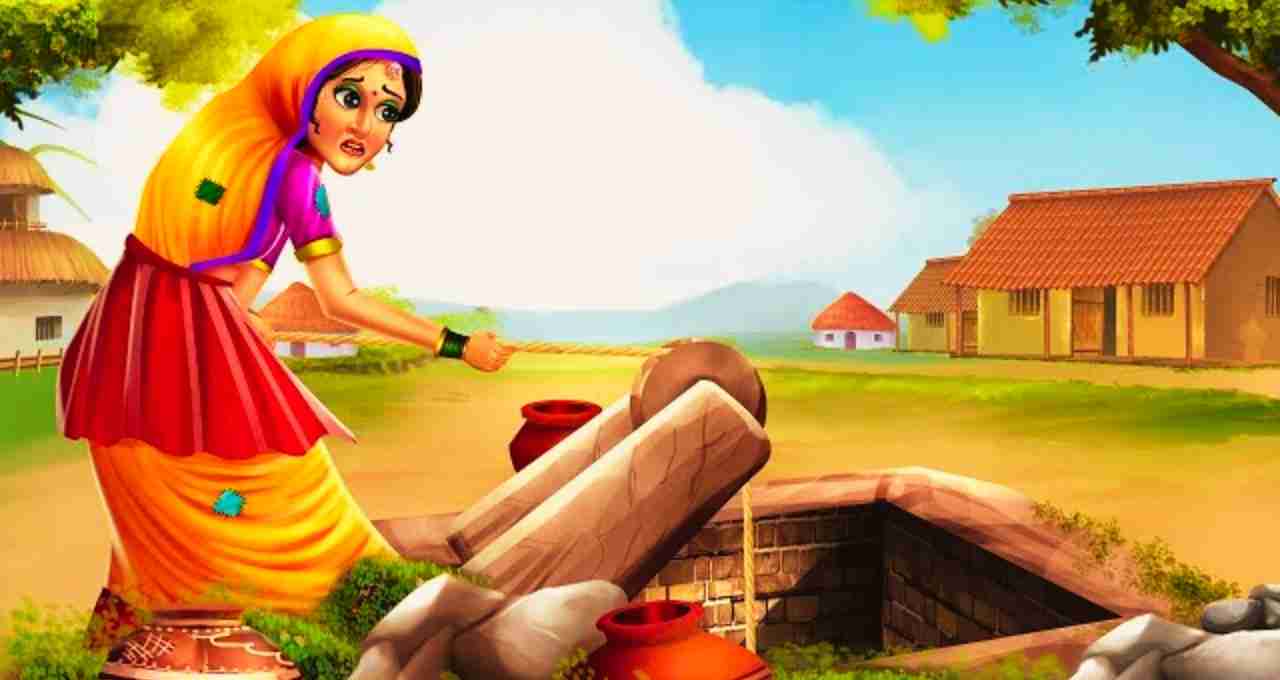
In the story, no poor person can climb up to the well of Thakur and Sahu and take water. If anyone tries, they are punished. This scene exposes the power and class divisions in society.
Gangi's words, "You will get your arms and legs broken and nothing else" and "Will such people let you fetch water from the well?" clearly show that the lives of the poor are imprisoned under the pressure of power. This inequality is not only economic but also social and political.
Courage and Risk
Gangi's courage comes to the fore in the story. At night, when people were asleep and the Thakur's doors were closed, Gangi reaches the well to fetch water. Here, Premchand has depicted this in a very thrilling and sensitive manner.
A feeling of rebellion arises within Gangi. She thinks, "Why are we low and why are these people high?" This question shows us that the feeling of rebellion naturally arises in the human mind against social injustice.
The Struggle of Rural Women
In the story, other women are also shown who bring water for their homes. Their dialogue exposes the suffering of women in society and their struggle. They are also facing obstacles to their rights and freedom. This scene clarifies the suffering of women in rural life and their place in society.
The Result of Courage and Victory
Gangi reaches the well at night and very carefully lowers the pot into the water. This scene is not only a symbol of courage but also a demonstration of strategy and cleverness. This courageous effort of Gangi shows that no matter how difficult the circumstances may be, if the mind is b, any obstacle can be overcome.
Message on Justice and Social Inequality
The most important message of the story is that inequality and injustice always exist in society. People of high status like Thakur and Sahu misuse their power, while the lives of the poor are full of difficulties and troubles. But it is also shown that poor and downtrodden people can also face difficulties with their understanding, courage, and bravery.
Munshi Premchand has shown a glimpse of social consciousness, the suffering of the poor, and courage very effectively in 'Jokhu and Gangi'. He has not shown that every struggle results in victory, but that struggling and staying on the right path is important. This story teaches us that even in difficult circumstances, we should work with honesty, courage, and patience. Characters like Gangi and Jokhu can become our inspiration.
